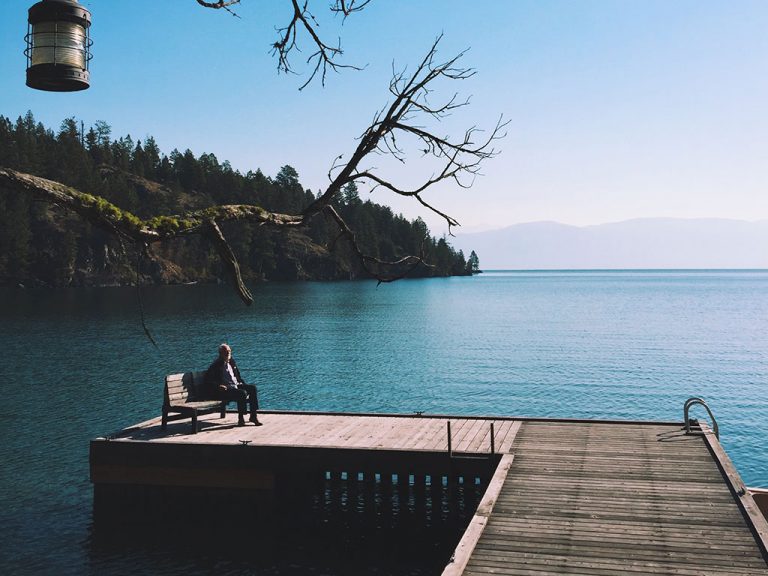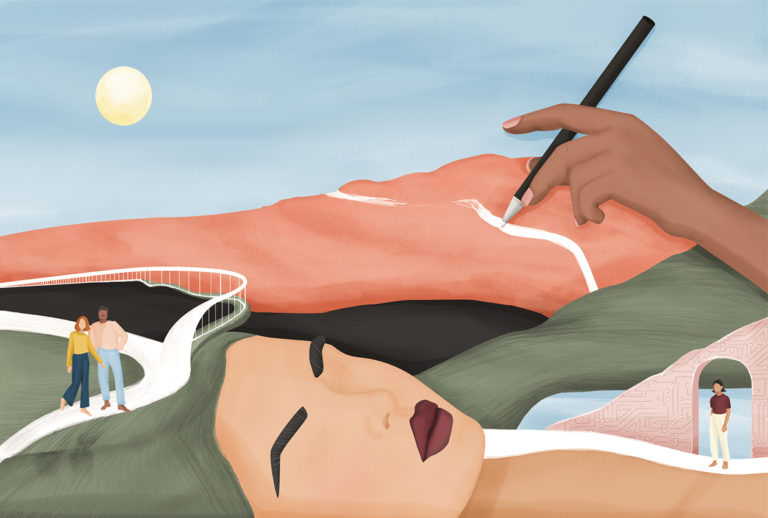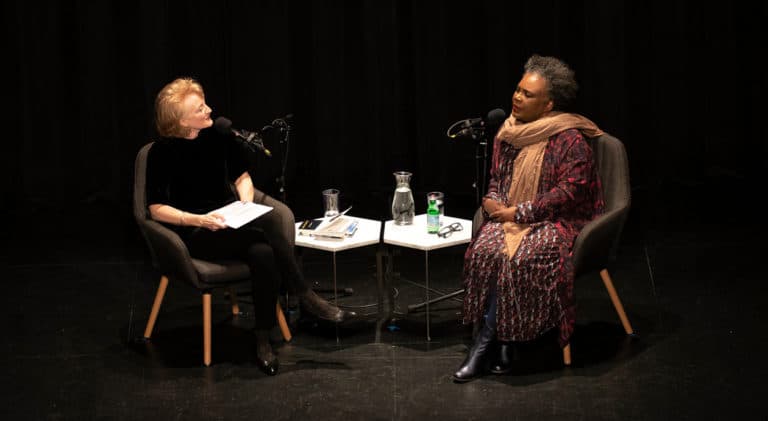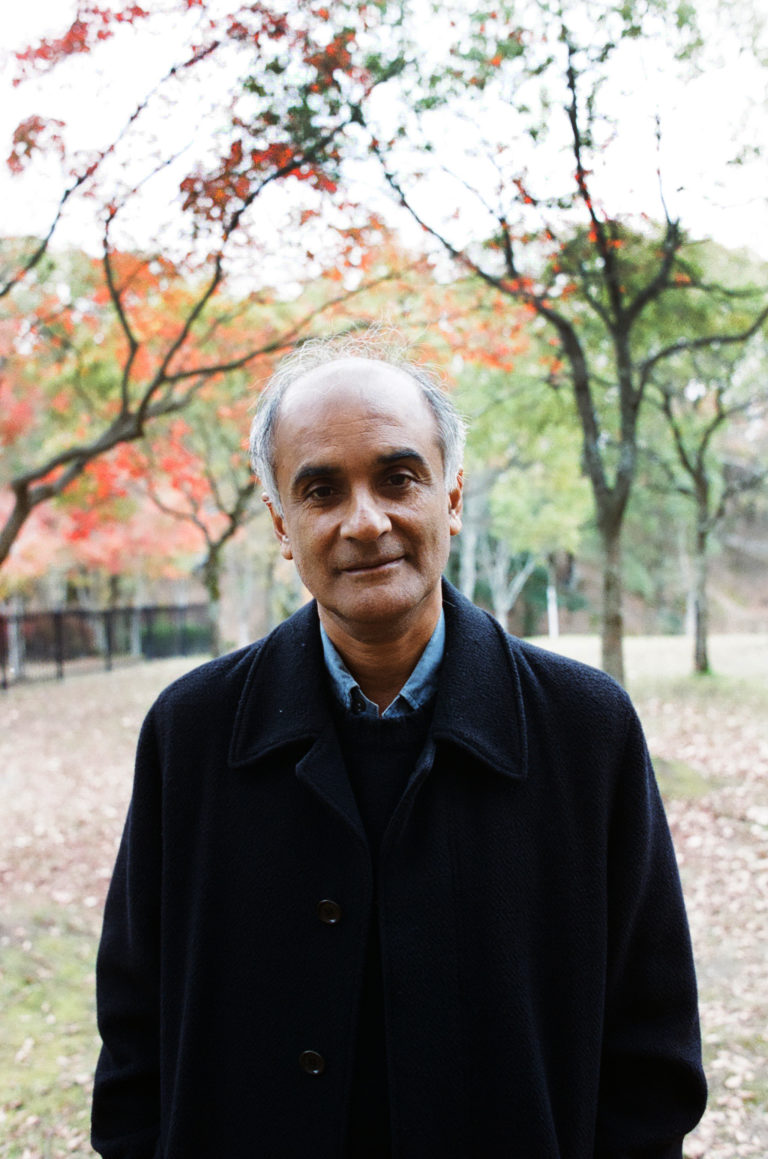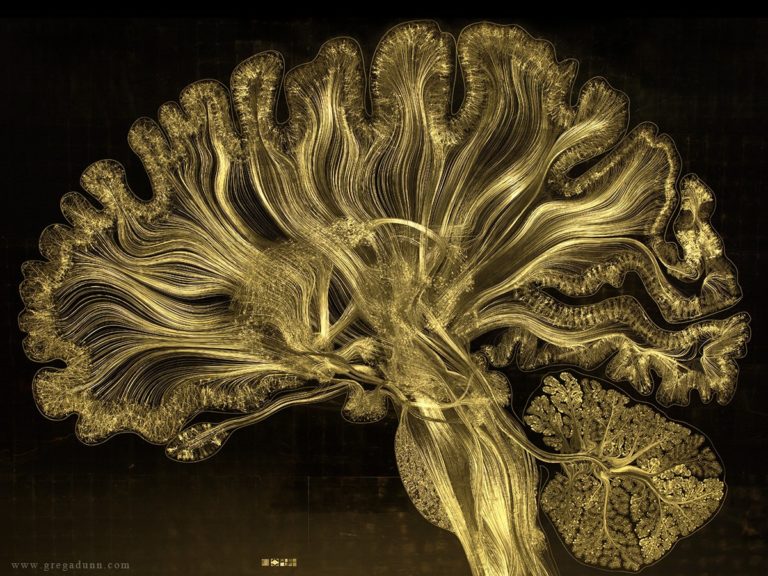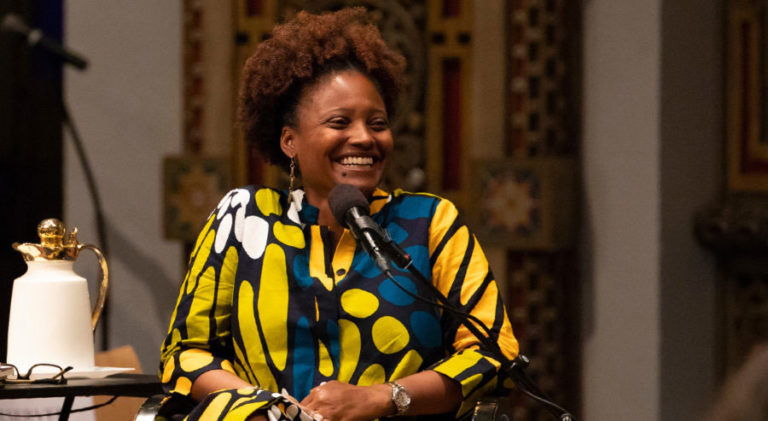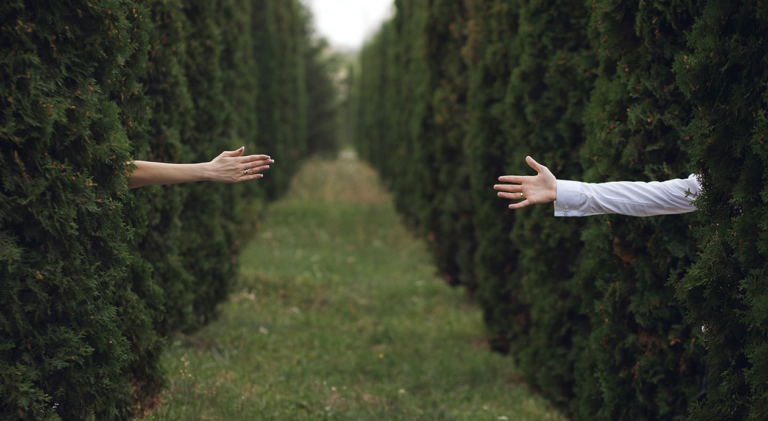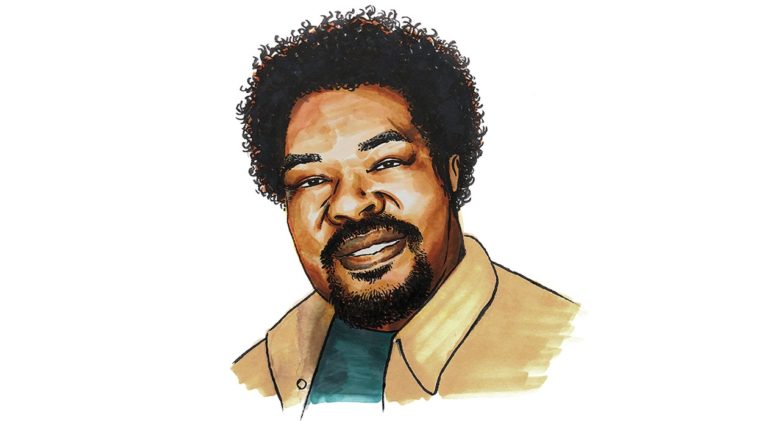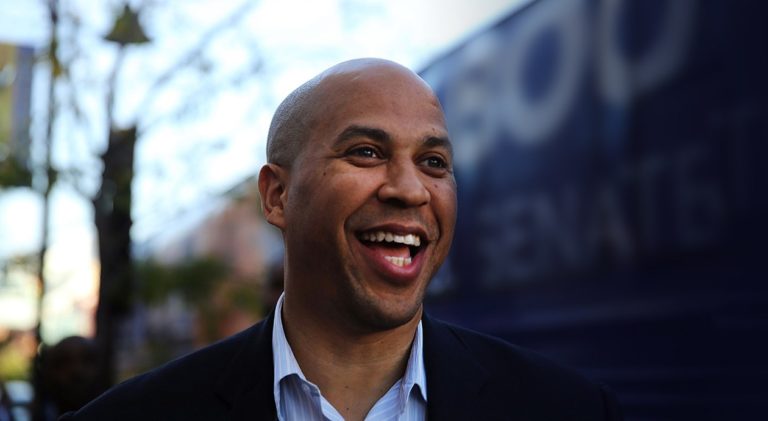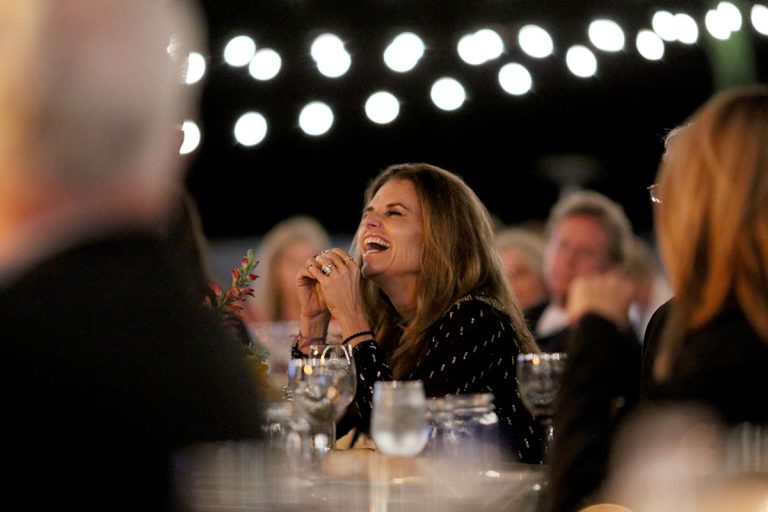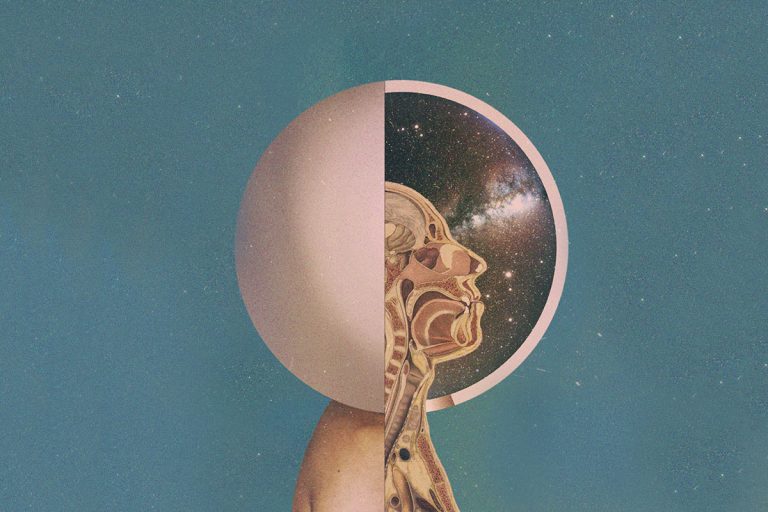Walter Brueggemann is one of the world’s great teachers about the prophets who both anchor the Hebrew Bible and have transcended it across history. He translates their imagination from the chaos of ancient times to our own. He somehow also embodies this tradition’s fearless truth-telling together with fierce hope — and how it conveys ideas with disarming language. “The task is reframing,” he says, “so that we can re-experience the social realities that are right in front of us, from a different angle.”
Public Theology Reimagined
Public theology is about the virtues that accompany the work of theology, not just the ideas. It means connecting grand religious ideas with messy human reality. It means articulating religious and spiritual points of view to challenge and deepen thinking on every side of every important question.
Featured Items
“Prayers are tools not for doing or getting, but for being and becoming.” These are words of the late legendary biblical interpreter and teacher Eugene Peterson. At the back of the church he pastored for nearly three decades, you’d be likely to find well-worn copies of books by Wallace Stegner or Denise Levertov. Frustrated with the unimaginative way he found his congregants treating their Bibles, he translated the whole thing himself and that translation has sold millions of copies around the world. Eugene Peterson’s literary biblical imagination formed generations of pastors, teachers, and readers. His down-to-earth faith hinged on a love of metaphor and a commitment to the Bible’s poetry as what keeps it alive to the world.
View
- List View
- Standard View
- Grid View
87 Results
Filters
A Buddhist philosopher of ecology, Joanna Macy says we are at a pivotal moment in history with the possibility to unravel or create a life-sustaining human society. Now entering her 90s, Macy has lived adventurously by any definition. She worked with the CIA in Cold War Europe and the Peace Corps in post-colonial India and was an early environmental activist. She brings a poetic and spiritual sensibility to her work that’s reflected in her translations of the early-20th-century poet Rainer Maria Rilke. We take that poetry as a lens on her wisdom on the great dramas of our time: ecological, political, personal.
The late Wangari Maathai was a biologist, environmentalist, and the first African woman to win a Nobel Peace Prize. She was born under British colonial occupation and schooled by Catholic missionaries. But when she looked back on her childhood near the end of her life, she realized her family’s Kikuyu culture had imparted her with an intuitive sense of environmental balance. Maathai was steadfast in her determination to fight for the twin issues of conservation and human rights — and planting trees was a symbol of defiance.
March 28, 2019
Desmond Tutu, Natalie Batalha, Eckhart Tolle, et al.
‘Becoming Wise’ With Tools for the Art of Living
Over the years, listeners have asked for short-form distillations of On Being — something to listen to while making a cup of tea. Our podcast Becoming Wise is this offering, designed to help you reset your day and replenish your sense of yourself and the world, ten minutes at a time. A taste of the new season, curated from hundreds of big conversations Krista has had with wise and graceful lives — including Archbishop Desmond Tutu, astronomer Natalie Batalha, and spiritual teacher Eckhart Tolle.
Rabbi Lawrence Kushner is a long-time student and articulator of the mysteries and messages of Kabbalah, the Jewish mystical tradition. Kushner says mysticism tends to appear when religion — whatever the tradition — becomes too formal and logical. “The minute mysticism becomes permissible, acceptable, possible, it’s an immediate threat to organized religious structures,” he says. “Because what mysticism does is it gives everybody direct unmediated personal access to God.” He is influenced by the Jewish historian Gershom Scholem, who resurrected Kabbalah from obscurity in the 20th century and made it accessible to modern people.
February 14, 2019
Richard Davidson
A Neuroscientist on Love and Learning
Neuroscientist Richard Davidson is one of the central people who’s helped us begin to see inside our brains. His work has illuminated the rich interplay between things we saw as separate not that long ago: body, mind, spirit, emotion, behavior, and genetics. Richard is applying what he’s learning about imparting qualities of character — like kindness and practical love — in lives and in classrooms. This live conversation was recorded at the Orange County Department of Education in Costa Mesa, California.
She has called Brain Pickings, her invention and labor of love, a “human-powered discovery engine for interestingness.” What Maria Popova really delivers, to hundreds of thousands of people each day, is wisdom of the old-fashioned sort, presented in new ways. She cross-pollinates between philosophy and design, physics and poetry, the intellectual and the experiential. We explore her gleanings on what it means to lead a good life — intellectually, creatively, and spiritually.
The poet, essayist, and playwright Claudia Rankine says every conversation about race doesn’t need to be about racism. But she says all of us — and especially white people — need to find a way to talk about it, even when it gets uncomfortable. Her bestselling book, Citizen: An American Lyric, catalogued the painful daily experiences of lived racism for people of color. Claudia models how it’s possible to bring that reality into the open — not to fight, but to draw closer. And she shows how we can do this with everyone, from our intimate friends to strangers on airplanes.
Walter Brueggemann is one of the world’s great teachers about the prophets who both anchor the Hebrew Bible and have transcended it across history. He translates their imagination from the chaos of ancient times to our own. He somehow also embodies this tradition’s fearless truth-telling together with fierce hope — and how it conveys ideas with disarming language. “The task is reframing,” he says, “so that we can re-experience the social realities that are right in front of us, from a different angle.”
Pico Iyer is one of our most eloquent explorers of what he calls the “inner world” — in himself and in the 21st century world at large. The journalist and novelist travels the globe from Ethiopia to North Korea and lives in Japan. But he also experiences a remote Benedictine hermitage as his second home, retreating there many times each year. In this intimate conversation, we explore the discoveries he’s making and his practice of “the art of stillness.”
November 15, 2018
Anand Giridharadas
When the Market Is Our Only Language
We Americans revere the creation of wealth. Anand Giridharadas wants us to examine this and how it shapes our life together. This is a challenging conversation but a generative one: about the implicit moral equations behind a notion like “win-win” — and the moral compromises in a cultural consensus we’ve reached, without reflecting on it, about what and who can save us.
Brain surgeon James Doty is on the cutting edge of our knowledge of the brain and the heart: how they talk to each other; what compassion means in the body and in action; and how we can reshape our lives and perhaps our species through the scientific and human understanding we are now gaining.
Tracy K. Smith has a deep interest in “the kind of silence that yields clarity” and “the way our voices sound when we dip below the decibel level of politics.” She’s a welcome voice on the little leaps of the imagination that can restore us. She’s spent the past year traversing our country, listening for all of this and drawing it forth as the U.S. Poet Laureate. Krista spoke with her at the invitation of New York’s B’nai Jeshurun synagogue, which has been in communal exploration on creating a just and redeemed social fabric.
Mirabai Bush works at an emerging 21st century intersection of industry, social healing, and diverse contemplative practices. Raised Catholic with Joan of Arc as her hero, she is one of the people who brought Buddhism to the West from India in the 1970s. She is called in to work with educators and judges, social activists and soldiers. She helped create Google’s popular employee program, Search Inside Yourself. Her life tells a fascinating narrative of our time: the rediscovery of contemplative practices, in many forms and from many traditions, in the secular thick of modern culture.
October 11, 2018
Sally Kohn and Erick Erickson
Relationship Across Rupture
“People believe things that are mutually contradictory; I think we all do. I know I do.” — Erick Erickson
Earlier this year, the University of Montana invited On Being to attempt an outside the box civil conversation between two political pundits on contrasting ends of the U.S. political spectrum. It became a sold-out, public event in the spirit of Montana’s Senator Mike Mansfield, who famously modeled integrity, courage, and humility across the partisan aisle in the tumult of 1960s and 70s. Sally Kohn and Erick Erickson are both controversial, lightning-rod figures, yet neither of them fits neatly into a partisan mold. The reaction of the youngest people in the room is what compelled us to put this on the air. They said they had not witnessed or imagined a political conversation like this possible: one marked at once by bedrock difference — and good will, humor, and a willingness to bring our questions as well as our arguments, our humanity as well as our positions, into the room, if only for an evening.
An exuberant experience of conversation and singing. There are nearly 5,000 spirituals in existence. Their organizing concept is not the melody of Europe, but the rhythm of Africa. They were composed by slaves, bards whose names we will never know, and yet gave rise to gospel, jazz, blues, and hip-hop. Joe Carter lived and breathed the universal appeal and hidden stories, meanings, and hope in what were originally called “sorrow songs.” This was one of our first weekly shows, and it’s still one of our most beloved.
We don’t really reward or allow our politicians, good or bad, to be searching, or to change their minds and grow — to admit their human frailty. So it’s surprising to hear Cory Booker say that the best thing that’s happened to him is “being broken, time and time again.” He’s taken flack for talking about politics as “manifesting love.” He speaks with Krista about the inadequacy of tolerance, strengthening the “muscle” of hope, and making your bed as a spiritual practice.
Maria Shriver’s life is often summarized in fairy tale terms. A child of the Kennedy clan in the Camelot aura of the early 1960s. Daughter of Eunice Kennedy Shriver, who founded the Special Olympics, and Sargent Shriver, who helped found the Peace Corps. An esteemed broadcast journalist. First lady of California. This hour, she opens up about having a personal history that is also public history — and how deceptive the appearance of glamour can be. We experience the legendary toughness of the women in Maria Shriver’s family — but also the hard-won tenderness and wisdom with which she has come to raise her own voice.
A literary thinker with a “telescopic view of time”; an astrophysicist with an eye to “cultural evolution towards good.” What unfolds between these two is joyous, dynamic, and unexpectedly vulnerable — rich with cosmic imagining, civic pondering, and even some fresh definitions of the soul. A live taping from the inaugural On Being Gathering at the 1440 Multiversity in California.
The Pause
Join our constellation of listening and living.
The Pause is our seasonal Saturday morning ritual of a newsletter. Replenishment and invigoration in your inbox. Wisdom to take into your week. And when you sign up, you’ll receive ongoing, advance invitations and news on all things On Being.
Search results for “”
View
- List View
- Standard View
- Grid View
Filters
